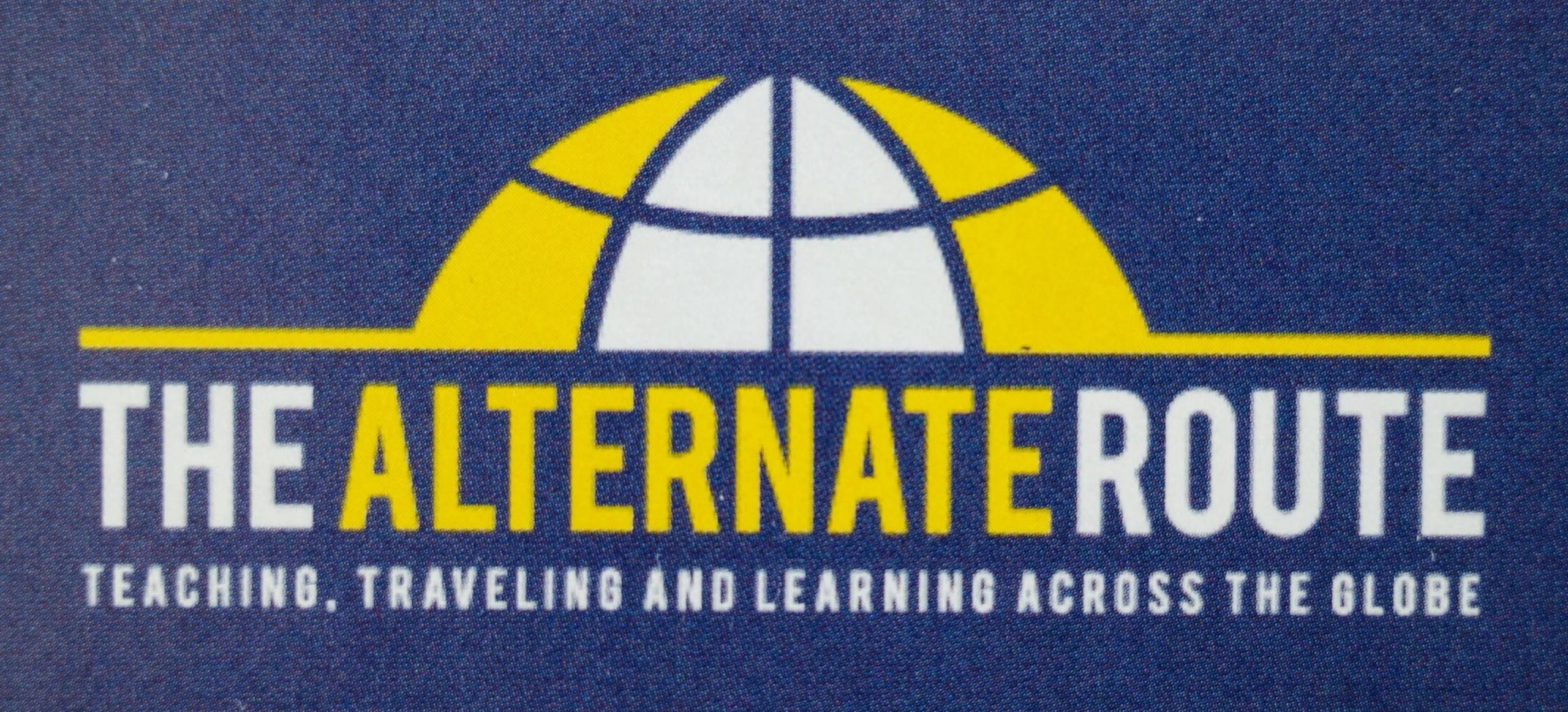ORMS Module 2 Response: What challenges exist as students work collaboratively as opposed to working individually?
After completing the various readings and watching videos for this module, I am more excited than ever to have students work collaboratively in my language arts classes. Clearly, there are several challenges to having students collaborate online. Some of these challenges fall under the “nuts and bolts” category. Are there enough computers available? What about students who do not have Internet access at home? What if the technology doesn’t work or the server becomes unavailable? These problems might prevent some teachers from trying a collaborative online project with their students. The fear of the unknown is what keeps many teachers from using technology in their classrooms, but I believe it is important to try new ideas in the classroom even if there are many challenges.
More challenges could arise as students work collaboratively. As with any group work, there may be cases where one student in a group does most of the work. Another issue is that students may be led to inappropriate websites while working online. Plagiarism is always an issue when students are researching, and seems to be even more of a problem with online research. I believe all of these challenges can be dealt with through careful planning by the teacher. Students need to be taught strategies for working in groups, staying safe online and for avoiding plagiarism. These are all valuable lessons which should be taught even if students were not participating in an online collaborative inquiry project.
Finally, a challenge that faces all teachers is the issue of time. Whenever a new project or idea is presented in class, it takes more time than doing what was always done before. Teaching students to pose questions, locate information, research, collaborate, synthesize information from multiple sources and reflect on their learning will take time. These skills should not be taught during one unit of study, but should be taught multiple times throughout the year in smaller assignments so that students have plenty of practice.
The challenges above are issues that teachers have dealt with even before the use of technology. Today, however, teachers have an even greater challenge of teaching students to be responsible online citizens who leave a positive “digital footprint.” This idea was repeated throughout the readings in this module. One idea that stood out for me was in Williwam M. Ferriter’s article, “Digitally Speaking/Positive Digital Footprints.” In it, he noted that one technology expert worried that his children would not be “Googled well.” In other words, students who do not have a positive digital footprint will be at a disadvantage in the future where technology will play an even larger role in every aspect of our lives. It is up to teachers to put aside their fears of all the potential challenges of collaborative online work and help students to create a positive digital footprint.

July 27, 2013 @ 20:08
Great points Tim! I have always been concerned about my own digital footprint, but never thought about helping students to develop their own. There are so many online safety issues for students these day, but I'm glad that we are moving toward building positives instead of creating negatives.
I think we should get our students to work on a collaborative project next year. Maybe something along the lines of the "Tale Trail" that was in Judy Arzt's journal Online Collaborative Inquiry: Classroom Blogging Ventures and Multiple Literacies. CRAJ (2012). Thoughts?
July 28, 2013 @ 12:12
Thanks for sharing such an informative, thoughtful post. The collaboration question is challenging…especially as we try to have students all work together and not slack off. That, in combination with plagiarism is a tough combination in our ELA classrooms.
July 28, 2013 @ 19:28
Thanks for bringing up plagiarism and time constraints. I catch "copy/paste" all the time in the library. Time is also a HUGE issue. You're right, it often takes longer to research online. The skills and the distractions are different.
July 29, 2013 @ 18:13
I'd love to do something like that. The "Tale Trail" project sounds like fun. I know one of the teachers featured in that article, so I can ask him about it.
July 29, 2013 @ 18:15
Yes, holding everyone accountable is important. Sometimes I have to remind myself that the slackers would probably not be engaged at all if working individually, so having some slackers is not a reason to not try collaborative learning.
July 29, 2013 @ 18:16
Yes, plagiarism is everywhere. I think we need to remember to teach note-taking and paraphrasing skills repeatedly and in all subjects so that students learn how to not plagiarize.